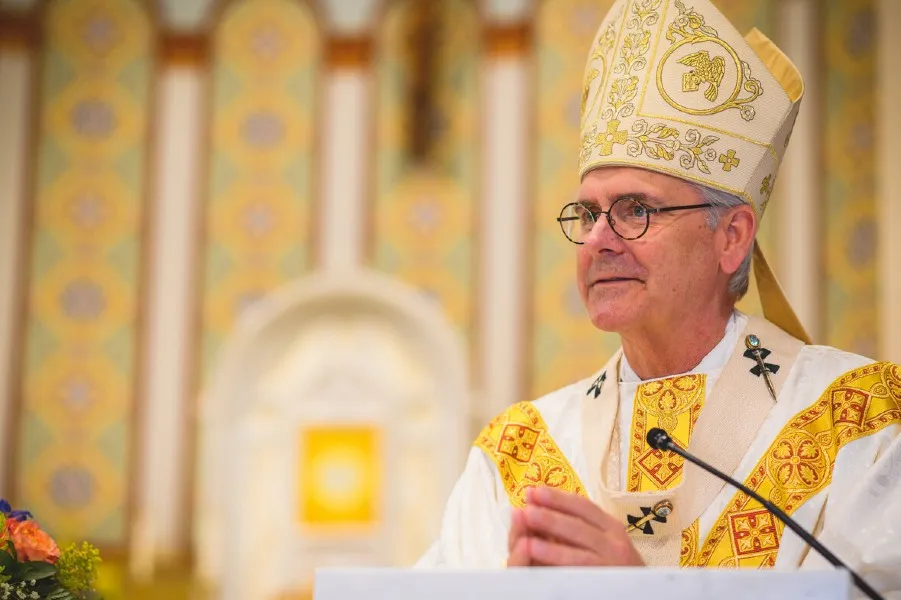 null / Credit: HoneySkies/Shutterstock
null / Credit: HoneySkies/Shutterstock
CNA Staff, Feb 26, 2025 / 13:35 pm (CNA).
A 20-year-long decline in the number of Americans who identify as Christian may be "leveling off," according to data released on Wednesday by Pew Research Center.
Pew said its most recent Religious Landscape Study showed 62% of U.S. adults identifying as Christian, a number that has been "relatively stable" since 2019.
The number of U.S. adults claiming to be Christian is still significantly lower than when the survey first began, falling 16 points over the course of the poll, from 78% in 2007 to the 62% most recently reported.
Yet the last several years of data show the decline has "slowed or perhaps even plateaued," Pew said.
The research group noted that the "Catholic share" of Christian respondents has been stable since 2014, considerably earlier than the broader group stability seen since 2019. Catholics constitute 19% of Christians in the U.S., Pew said.
Overall, "in 11 Pew Research Center surveys conducted since 2014, all but one have found between 19% and 21% of respondents identifying as Catholic," the group said.
Still, Catholics were particularly vulnerable to departures from the faith, Pew noted. For every convert to Catholicism, there were more than eight who left through "religious switching."
The study further shows the "unaffiliated" category, also known as "nones," is seeing nearly six new adherents for every one that leaves. The growth of that group has, however, leveled off in recent years after rising from 16% in 2007 to its present level of 29%.
Relatively low levels of Catholics, meanwhile, reported that religion was "very" important to them. While 55% of Christians overall said religion was very important, just 44% of self-identified Catholics did. Among Christian groups, only Orthodox Christians (43%) and mainline Protestants (37%) reported lower numbers in that category.
And just 29% of Catholics said they attended Mass "weekly or more often," though Catholics are obligated to attend Mass at least weekly. That's down from 39% in 2014.
Twenty-seven percent of Catholics, meanwhile, said they attend Mass "a few times a year," while nearly a third reported "seldom/never" attending Mass.
In its study, Pew noted that "generational replacement" is helping to drive the overall downward trend of Christian identity in the U.S.
"Older, highly religious, heavily Christian generations are passing away," the survey noted. "The younger generations succeeding them are much less religious, with smaller percentages of Christians and more 'nones.'"
That trend has held even within generations, Pew noted: Over the course of the survey, "each birth cohort has become less religious, by several measures, as it has aged."
Overall, "people within the oldest and youngest cohorts, as well as those in between, have become less likely to say they pray daily, less likely to identify with a religion … and less likely to believe in God or a universal spirit with absolute certainty."
Last year Pew reported that religiously unaffiliated people, often referred to as "nones," now make up the largest religious category in the U.S.
Nones were also reported as being less likely to vote, do volunteer work, or have strong friend groups or community, according to Pew.












